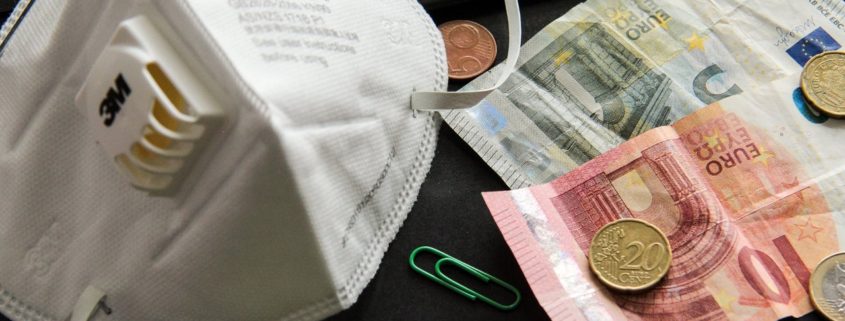How Scammers are Taking Advantage of COVID-19
This is a difficult time for everyone. We’re all facing new and unique challenges as a result of the COVID-19 crisis, along with the resulting economic uncertainty ahead. Even with all this upheaval, though, there are some things that never change. We’re talking, of course, about online fraudsters.
These bad actors are always looking to take advantage of any situation they can. And, hard though it may be to believe, a global health crisis is no exception.
According to data published by the Federal Trade Communication, they’ve received roughly 20,000 complaints related to COVID-19 fraud since the beginning of the year. Consumers reportedly lost $13.44 million dollars as a result, mostly as a result of:
- Travel and vacation scams
- Online shopping scams
- Phishing attacks via text message
- Imposters
As the FTC puts it, “While reports of robocalls are way down overall, we’re now hearing about callers invoking the COVID-19 pandemic to pretend to be from the government, or making illegal medical or health care pitches, among other topics.” Considering the scope of this event, it’s never been more important that you take steps to protect yourself.
Avoiding COVID-19 Scam Attacks
Scammers prey on consumers’ fears and anxieties. In the current situation, that means they’re targeting some of the most common concerns surrounding COVID-19, including:
- Government stimulus checks
- COVID-19 vaccinations and/or treatments
- Test kits
- Personal protective equipment (PPEs)
These scammers are resourceful. They constantly evolve and develop new tactics to abuse consumers and steal their money, so there’s no way to reliably stop attacks altogether. However, here are some basic practices that will help you protect yourself:
Ignore Unsolicited Offers: Do not respond if you receive any unprompted texts, emails, or calls about any of the above-mentioned items. Any PPEs, test kits, or treatments would be unreliable, at best. In most cases, the fraudster is simply trying to trick you into handing over your personal or financial information.
Stay Up-to-Date on the Latest News: Be aware of new developments regarding the virus and treatments. For instance, there is no vaccine presently available for COVID-19, so any such offers are a scam. This point goes hand-in-hand with being a discerning media consumer, and avoiding so-called “fake news.”
Ignore Ads for Test Kits: At present, there is only one FDA-approved COVID-19 test kit on the market, and it is only available by doctor’s order. Any other products claimed to be a COVID-19 test kit are unreliable, if not entirely fake.
Hang Up on Robocallers: It’s generally good policy to hang up on all robocallers. However, you should be especially skeptical of them now. Many are using this as an opportunity to market products, or to get consumers involved in a work-at-home scheme.
Disregard “Official” Contacts: Don’t respond to emails claiming to be sent by an official organization like the Center for Disease Control (CDC) or the World Health Organization (WHO). Much like the IRS, these entities will never contact you directly via email. Also, never click any links included in an email like this, as it could redirect you to a malicious site. If you need up-to-date official information, use sites like coronavirus.gov and usa.gov/coronavirus.
Donate to Trusted Organizations: Research any organization before offering a donation. Many scammers set up fake donation campaigns, then simply pocket the funds. Also, never make any donation by cash or gift card, or by wiring funds. Scammers request these methods specifically because they’re impossible to track or undo. If you make a donation, always use a credit card, as these payments can be recovered in the event of fraud.



